Showing 8 results for:
new zealand
Popular topics
All results
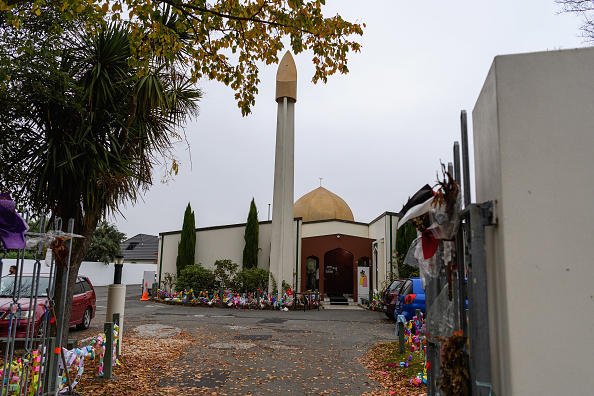
On March 15, shootings at two mosques during Friday prayers in New Zealand left 51 Muslims dead. The massacre itself was horrific, but what made it even worse was that the shooter live streamed the event on Facebook. Tech companies scrambled to remove the video after it appeared online, but they were unable to do so. Less than two weeks after the shooting, New Zealand officially banned people from sharing the Christchurch shooter’s manifesto or video . Consequences for owning or sharing the video weren’t initially made clear. Then on Tuesday, a Neo-Nazi was sentenced to 21 months in prison for sharing a video of the Christchurch massacre, Gizmodo reported . Philip Arps pled guilty to two counts of distributing objectionable material, New Zealand outlet RNZ reported . Arps sent it to about 30 people, but that’s not where he ended. He told the judge overseeing his case that the video — where bodies of dead children are visible — was “awesome.” In addition, RNZ reported that Arps asked...
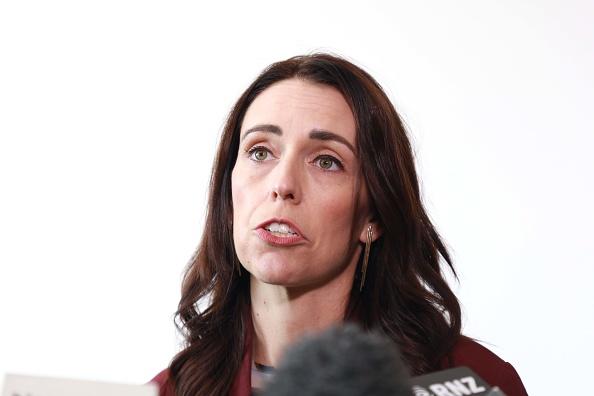
The Christchurch massacre’s live-stream on Facebook — and subsequent spread across the internet — further illuminated social media’s hate problem that many have criticized for years. It left countries across the world scrambling to force tech companies to answer for their role in white nationalism’s presence online. On Wednesday, New Zealand’s Prime Minister Jacinda Ardern announced that she’s planning a summit in Paris alongside French President Emmanuel Macron. The summit’s goal is to have industry and world leaders agree to a pledge called the “Christchurch Call” to eliminate terrorist and violent extremist content online. In the announcement, Ardern said: “The March 15 terrorist attacks saw social media used in an unprecedented way as a tool to promote an act of terrorism and hate. We are asking for a show of leadership to ensure social media cannot be used again the way it was in the March 15 terrorist attack…We all need to act, and that includes social media providers taking...
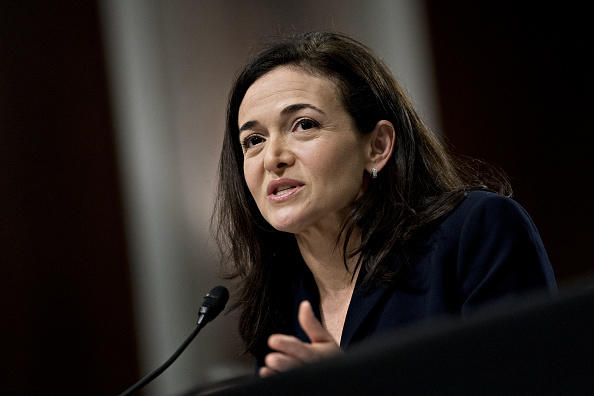
Since the Christchurch shooting broadcasted live on its platform, Facebook has received a lot of questions. On Saturday, the New Zealand Herald published a letter from Facebook Chief Operating Officer Sheryl Sandberg answering questions and outlining restrictions for live video in the future. Describing the attacks as “pure evil,” Sandberg acknowledged that people “rightfully questioned” the use of online platforms to spread the video. She said the company was “committed to reviewing what happened” and went on to add: “We have heard feedback that we must do more – and we agree. In the wake of the terror attack, we are taking three steps: strengthening the rules for using Facebook Live, taking further steps to address hate on our platforms, and supporting the New Zealand community.” The first step involves “exploring restrictions” for who can utilize Facebook Live “depending on factors such as prior Community Standard violations.” In addition, Facebook is investing in better...
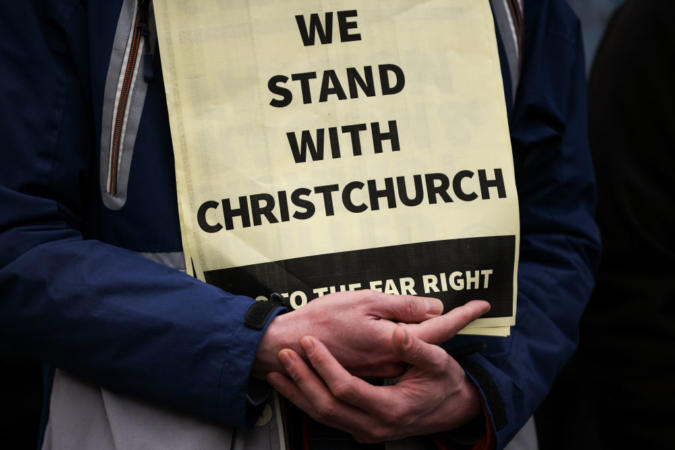
The French Council of the Muslim Faith (CFCM) has filed a lawsuit against Facebook and YouTube for their mishandling of of videos showing the Christchurch shooting, according to the Agence France-Presse . Agence France-Presse reported that CFCM’s complaint said they were suing the French branches of the two companies for “broadcasting a message with violent content abetting terrorism, or of a nature likely to seriously violate human dignity and liable to be seen by a minor.” Those type of acts are punishable by three years imprisonment and an $85,000 fine, according to the Agence France-Presse. The shooting originally broadcasted on Facebook Live . Facebook said it removed 1.5 million videos of the New Zealand shooting in the 24 hours after it streamed. However, Facebook couldn’t identify all of them before upload, and videos exploded across social media. In addition to a livestream, the shooter uploaded a 17-minute video to Facebook, Instagram, Twitter, and YouTube. Each of those...
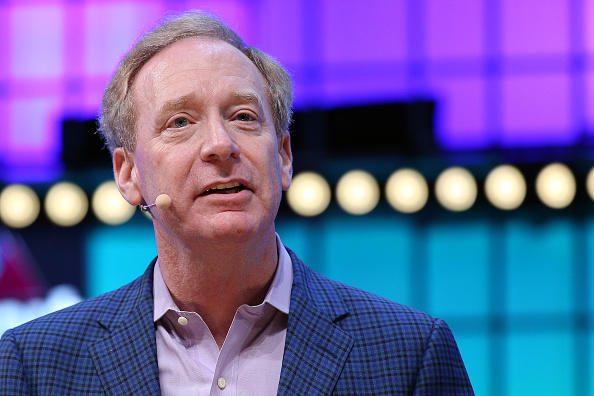
Since the Christchurch shooting, tech companies have scrambled to keep video of it offline — and they haven’t really succeeded. On Sunday, Microsoft’s president Brad Smith published a blog post addressing tech and its role in tragedies like this. Many companies have said that they simply weren’t prepared for an event like Christchurch. The video originally streamed on Facebook Live and later, the company said its artificial intelligence couldn’t detect the video to stop its spread. However, in his blog post, Smith argued that tech companies should have been prepared in advance. “Ultimately, we need to develop an industrywide approach that will be principled, comprehensive and effective,” Smith wrote. “The best way to pursue this is to take new and concrete steps quickly in ways that build upon what already exists.” Smith noted that “individuals are using online platforms to bring out the darkest sides of humanity,” as demonstrated by Christchurch. The attack was designed to go viral...
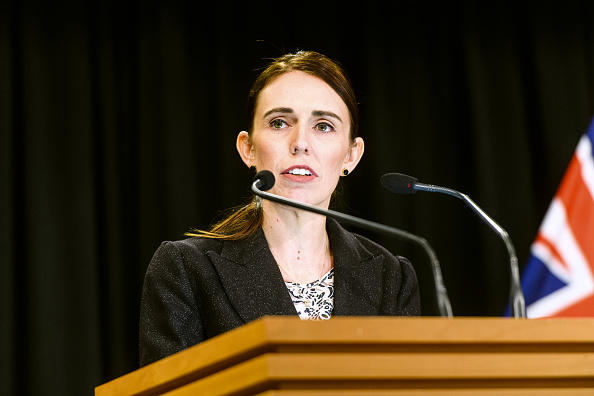
On Saturday, New Zealand’s Office of Film & Literature Classification officially banned the Christchurch shooter’s manifesto. By labeling it as “objectionable,” the government is considering its ban as a justifiable limit on freedom of expression. Under the ban, it’s now illegal to have a copy of either the video or the document and to share it with others — including online links. The New Zealand government urges people to report social media posts, links or websites displaying the video or manifesto here . If someone is found to have the manifesto, they can face up to ten years in prison, and those distributing it could face up to 14 years, as reported by Business Insider . The consequences for owning or sharing the video, though, are unclear. Although the full video is banned, it doesn’t mean any screenshots or other still images from it falls under that. The Office of Film & Literature Classification website notes images from the video “depicting scenes of violence, injury or...
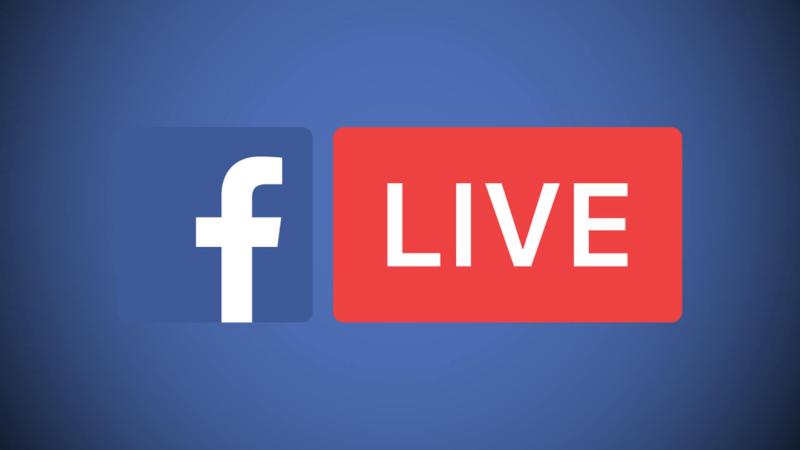
On Wednesday, in response to continued pressure from multiple countries, Facebook published a blog by Guy Rosen, Facebook’s VP of product management, providing further details on the company’s response to the Christchurch shooting in New Zealand that left 50 people dead. Companies like Facebook often use artificial intelligence to identify content that should be removed. However, an over reliance on AI can lead to exactly what happened with the Christchurch video. The shooting was allowed to be broadcast on Facebook Live and after, videos continued to spread across the internet. Although Facebook continues to cite that the video was only viewed about 200 times during its live broadcast — and that nobody flagged it to moderators — those excuses aren’t cutting it for users and lawmakers. Now, the company is saying it tried to use an experimental audio technology, in order to catch copies of the video that it’s AI missed. Facebook wrote that it “employed audio matching technology to...
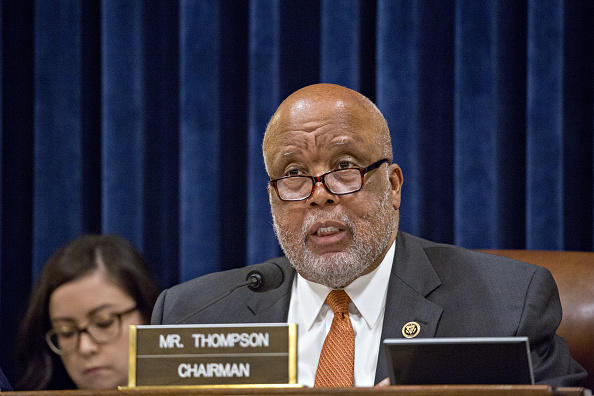
Today, Chairman of the House Homeland Security Committee, Rep. Bennie G. Thompson, wrote letters to executives from tech companies — including Facebook and YouTube — over their response to the Christchurch shooting and how video of the horrific event was able to spread online. “I was deeply concerned to learn that one of the shooters live-streamed this terror attack on Facebook, and the video was subsequently re-uploaded on Twitter, YouTube, and other platforms,” Thompson said. “This video was widely available on your platforms well after the attack, despite calls from New Zealand authorities to take these videos down.” “You must do better,” Thompson added. “It is clear from the recent pattern of horrific mass violence and thwarted attempts at mass violence — here and abroad — that this is not merely an American issue but a global one.” Thompson’s letter called for Facebook CEO Mark Zuckerberg, YouTube CEO Susan Wojcicki, Twitter CEO Jack Dorsey, and Microsoft CEO Satya Nadella, to...